 How on Earth’s Beth Bennett talks with authors Ridge Shinn and Lynne Pledger about how regenerative grazing can replace corn-based feedlots, which are responsible for significant climate emissions, nitrogen pollution, and animal suffering. Their book, Grass-Fed Beef for a Post-Pandemic World, outlines a hopeful path out of our broken food system via regional networks of regeneratively produced meat. They talk about how this ancient method of animal husbandry can restore degraded farmland, increase biodiversity, combat climate change by reducing emissions and sequestering carbon and produce nutrient-dense, healthy meat for consumers. More information at Big Picture Beef.
How on Earth’s Beth Bennett talks with authors Ridge Shinn and Lynne Pledger about how regenerative grazing can replace corn-based feedlots, which are responsible for significant climate emissions, nitrogen pollution, and animal suffering. Their book, Grass-Fed Beef for a Post-Pandemic World, outlines a hopeful path out of our broken food system via regional networks of regeneratively produced meat. They talk about how this ancient method of animal husbandry can restore degraded farmland, increase biodiversity, combat climate change by reducing emissions and sequestering carbon and produce nutrient-dense, healthy meat for consumers. More information at Big Picture Beef.
Also, Shelley Schlender talks with Sarah Johnson, a professor of food, science and human nutrition at Colorado State University, about a recent study indicating that in mice prone to artery disease, those that ate belgian endive reduced the instability of artery plaques. That may be important, because in people, unstable plaques can trigger heart attacks.
Hosts: Joel Parker, Beth Bennett
Producer: Joel Parker
Additional contributions: Shelley Schlender
Executive Producer: Susan Moran
Listen to the show:
Podcast: Play in new window | Download (Duration: 27:01 — 37.1MB)
Subscribe:
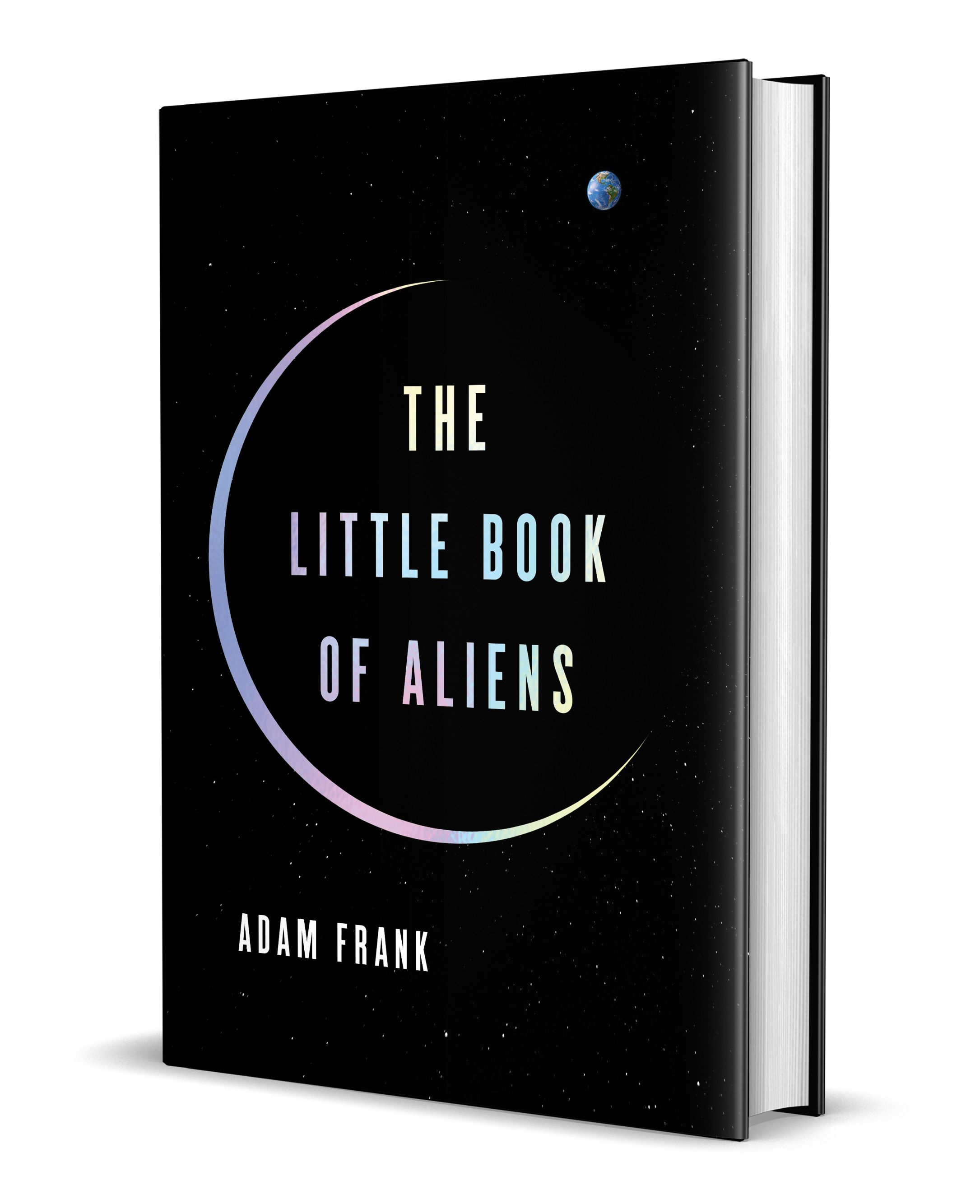 In this Halloween episode, we talk with Dr. Adam Frank, an astrophysicst/astrobiologist at the University of Rochester, about his recent book: The Little Book of Aliens. We hear some of the stories and learn about the science of life “out there” – astrobiology – and the past, present, and future search for extraterrestrial intelligence.
In this Halloween episode, we talk with Dr. Adam Frank, an astrophysicst/astrobiologist at the University of Rochester, about his recent book: The Little Book of Aliens. We hear some of the stories and learn about the science of life “out there” – astrobiology – and the past, present, and future search for extraterrestrial intelligence.


 As part of the KGNU Fund Drive, this episode of How on Earth features excerpts of Beth Bennett’s interview of
As part of the KGNU Fund Drive, this episode of How on Earth features excerpts of Beth Bennett’s interview of  With graduation season upon us, today’s edition of How on Earth is Part 2 of our annual “Graduation Special”. Our guests in the studio today are scientists and engineers who have or will soon receive their Ph.D. from the
With graduation season upon us, today’s edition of How on Earth is Part 2 of our annual “Graduation Special”. Our guests in the studio today are scientists and engineers who have or will soon receive their Ph.D. from the 
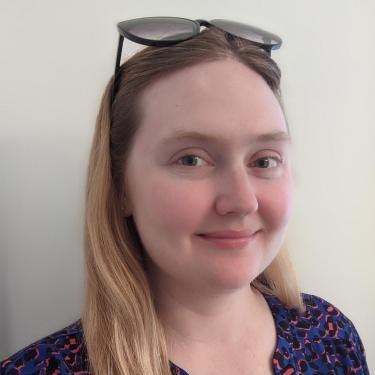 Kathleen McGuire –
Kathleen McGuire – 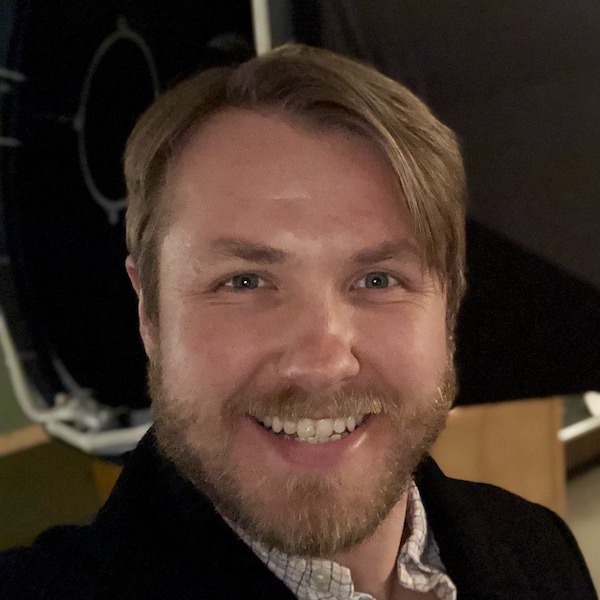
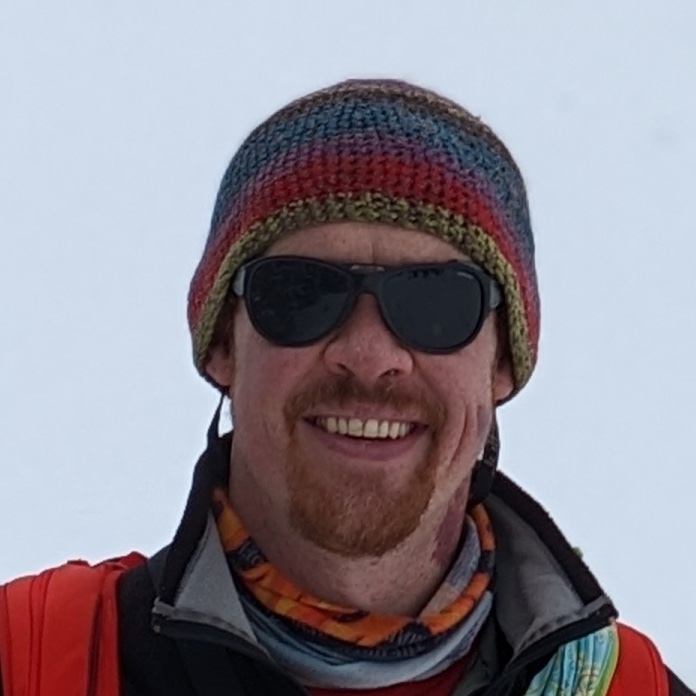
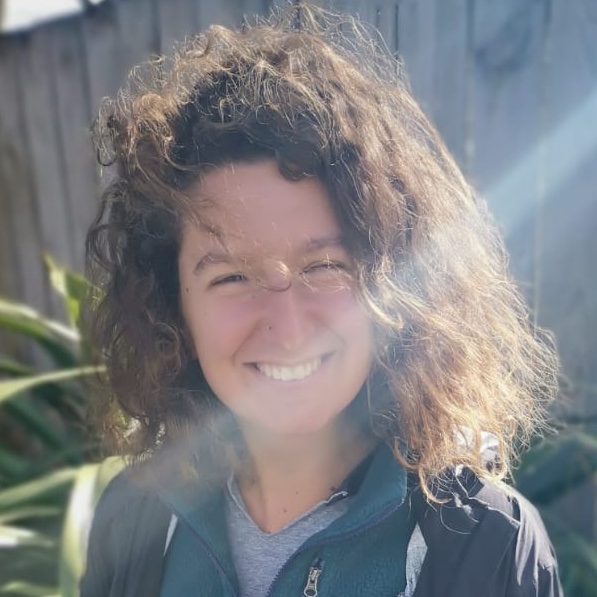 Amanda Hampton –
Amanda Hampton – 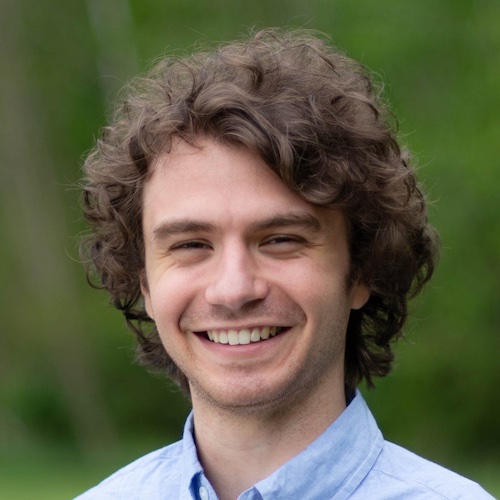
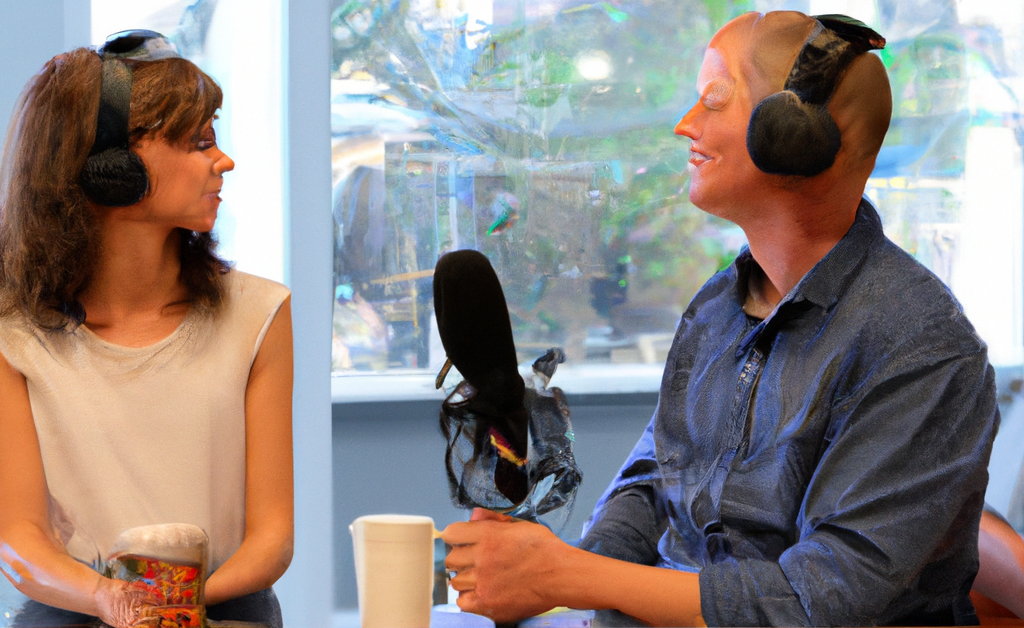
 NASA’s
NASA’s 
 Dr. Ryan Lau (Assistant Astronomer,
Dr. Ryan Lau (Assistant Astronomer,  How on Earth’s Beth Bennett talks with authors
How on Earth’s Beth Bennett talks with authors 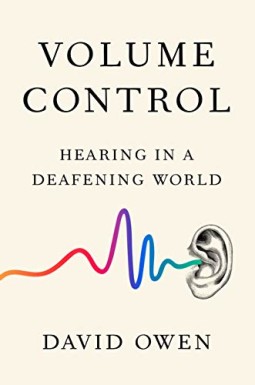 Starting this week, the FDA has approved the
Starting this week, the FDA has approved the  We talk with author
We talk with author